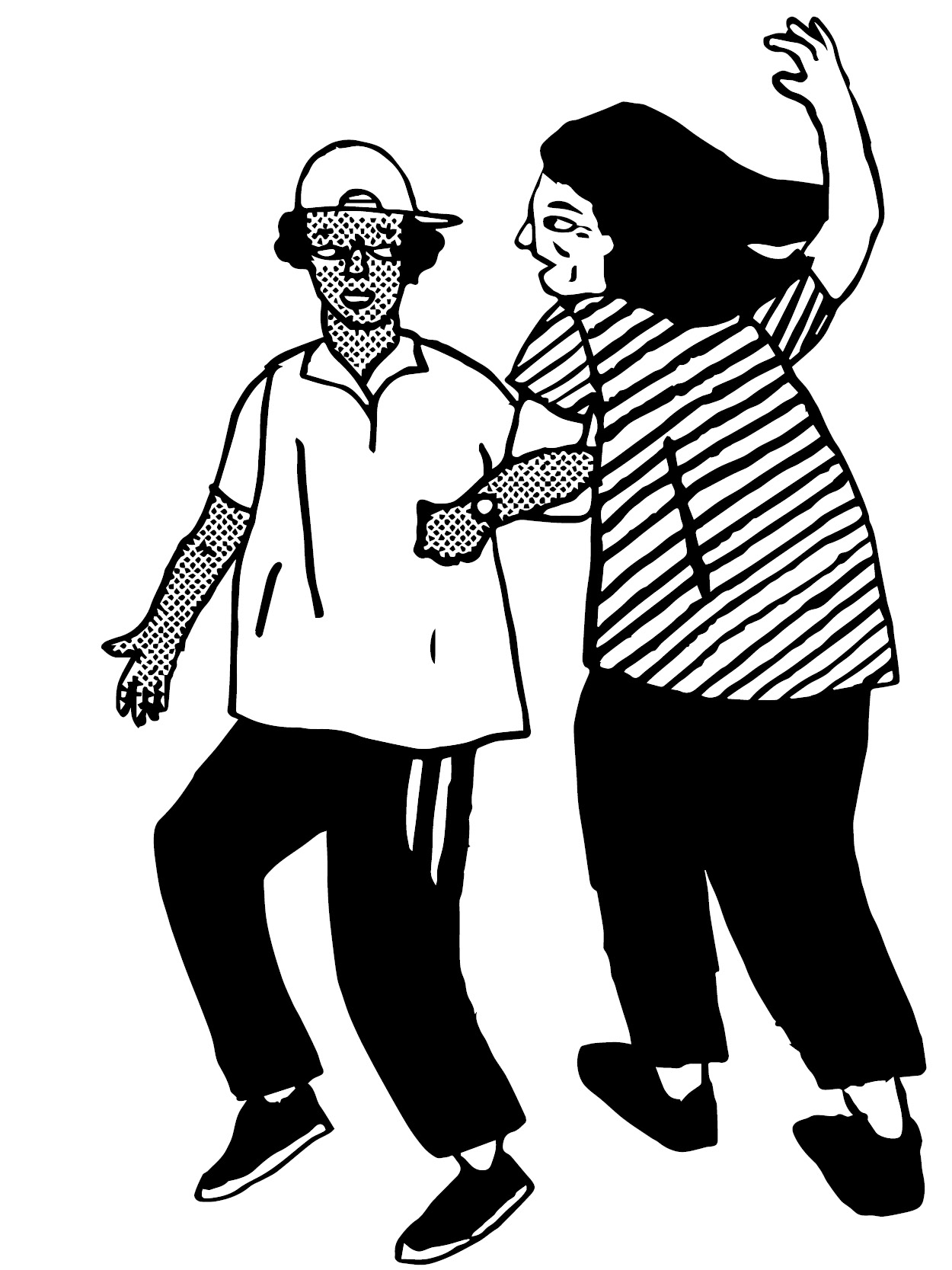Folk Music Journal: Volume 9 Number 4
Folk Music Journal: Volume 9 Number 4
Volume 9 Number 4 (2009) contains the following pieces:
Articles:
Linda-May Ballard Isabella McBride – Traditional Singer
Towards the end of her life, Isabella McBride recorded a selection of folk songs learned in childhood, together with reminiscences of the way in which the songs had been learned. While she occasionally sang the songs in intimate domestic settings, she had not sung them on social occasions for several decades. This paper explores the reasons for this in the broader context of cultural traditions, 'ownership', and identity in Northern Ireland.
E. C. Cawte The Calling-On Song in the North-West of England
A song found in the north-western counties of England is like the calling‑on song in sword dances. It is sometimes part of a hero-combat play, and it has been assumed that it is always part of a play, but it also occurs alone. Both play and song are usually performed at Easter in these counties. The words 'act', 'play', or 'mummers', on their own, are not adequate evidence for a hero‑combat play. Calling-on stanzas were transferred to the Dales area of Yorkshire and to northern Cheshire, adopting the season usual in each area. Cheshire performances have adopted text from the Westmorland area and counties south of Cheshire.
Graham Freeman 'That Chief Undercurrent of My Mind': Percy Grainger and the Aesthetics of English Folk Song
Exactly a century after its publication, Percy Grainger's article 'Collecting with the Phonograph' stands as a towering monument to his dedication to English folk song and to his insight into the subtle performance practices of its performers. Yet Grainger's role in the history of English folk song remains a perplexing one, for he collected only for a short period between 1905 and 1909, before moving away to focus on, among other things, Danish folk song, electronic music, and his career as a concert pianist. This article provides a contextual background in which Grainger's English folk song collection can be seen as an extension of his complex and often radical modernist musical aesthetic.
Notes
| Gordon Ridgewell |
The North of England Musical Tournament: History of the Sword Dance Competition Trophies |
Correspondence
| John Francmanis | Lucy Broadwood and English Folk Song |
| Sally Brown | The Haymakers, 1950 |
Reviews — Books
| Steve Roud | Desire, Drink and Death in English Folk and Vernacular Song, 1600–1900 (Gammon) |
| Lyn Murfin |
Blackface Minstrelsy in Britain (Pickering) |
| Valentina Bold | The Glenbuchat Ballads (Buchan and Moreira) |
| Roy Palmer | Hamish Henderson: A Biography. Vol. 1: The Making of the Poet (1919–1953) (Neat) |
| Simon Dentith | Ballad Collection, Lyric, and the Canon: The Call of the Popular from the Restoration to the New Criticism (Newman) |
| Roly Brown | Dear Far-Voiced Veteran: Essays in Honour of Tom Munnelly (Clune) |
| Pete Cooper | The Dance Music of Séamus Ennis (Mitchell) |
| Keith Chandler | The Fiddle in Scottish Culture: Aspects of the Tradition (Campbell) |
| Steve Roud | Folk Music: The Basics (Cohen) |
| E. Bradtke | A Florida Fiddler: The Life and Times of Richard Seaman (Hansen) |
| Scott Freer | Prophet Singer: The Voice and Vision of Woody Guthrie (Jackson) |
| Bob Bushaway | The Romantics and the May Day Tradition (Joshua) |
| David Atkinson | James Hogg: A Bard of Nature’s Making (Bold) |
| Britta Sweers | Protest Song in East and West Germany since the 1960s (Robb) |
| Frances Wilkins | Chorus and Community (Ahlquist) |
| Vic Gammon | Shakespeare’s Songbook (Duffin) |
| Dave Townsend | Three Extraordinary Collections: Early 18th Century Dance Music (Stewart) |
| E. David Gregory | The North American Folk Music Revival: Nation and Identity in the United States and Canada, 1945–1980 (Mitchell) |
| Derek Schofield | Class Act: The Cultural and Political Life of Ewan MacColl (Harker) |
Obituary
| Terry Moylan | Tom Munnelly |
| Chris Metherell | Pat Tracey |
| Katalin Paksa | Lajos Vargyas |
| Malcolm Taylor | Ursula Vaughan Williams |
| Donald Braid | Duncan Williamson |
Cover illustration Studio photograph of Isabella Green (McBride) aged nineteen or twenty. Courtesy of Mary Ulster Folk and Transport Museum.
Editor: David Atkinson
Support us, and support the folk arts
We champion folk music and dance at the heart of cultural life, all across England.
Donations provide immediate support. But even more than that, they prove that so many people value what we do – helping us to secure funding from partner organisations.
Can you donate today?









